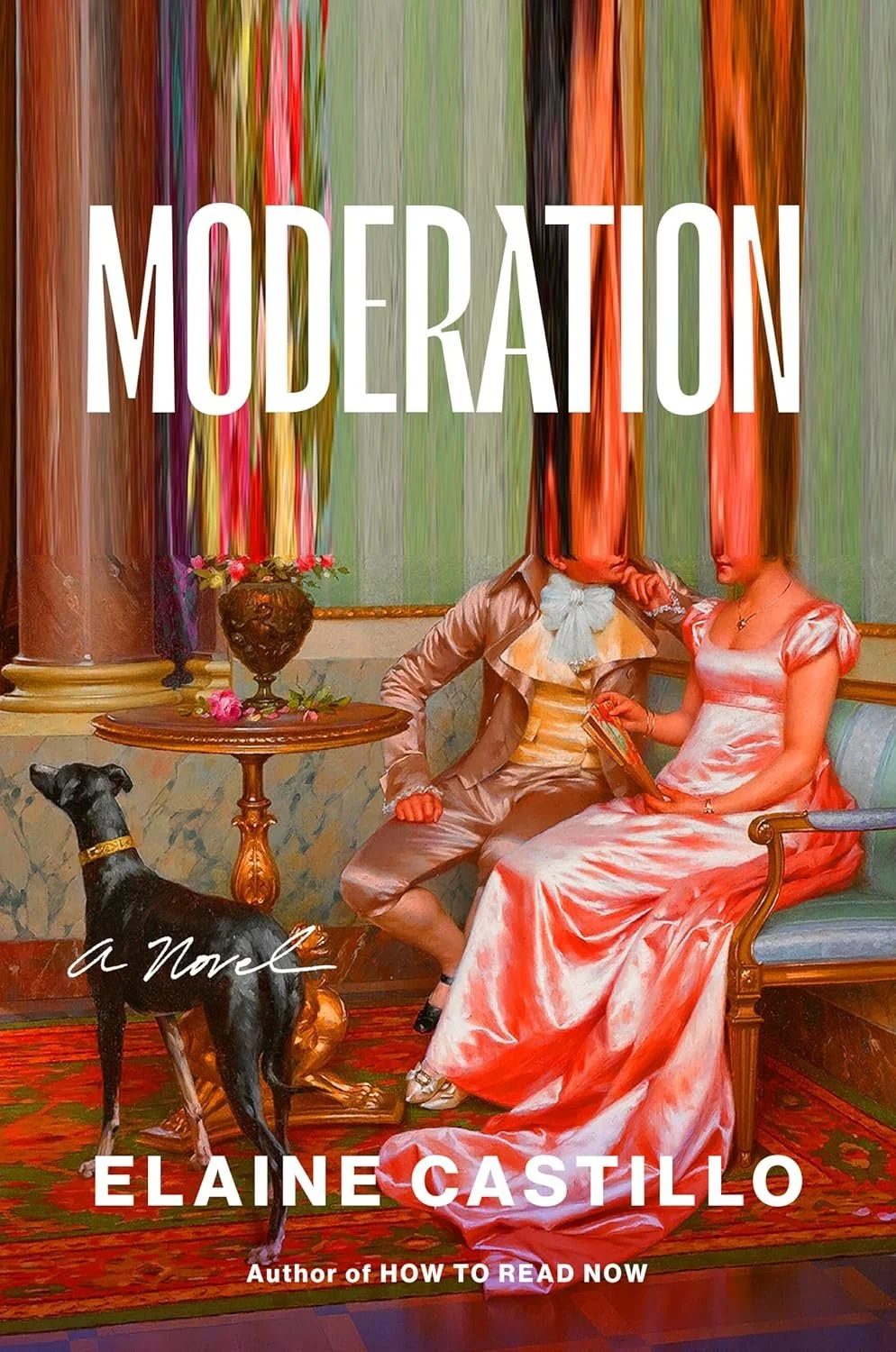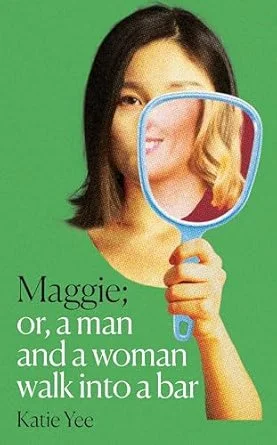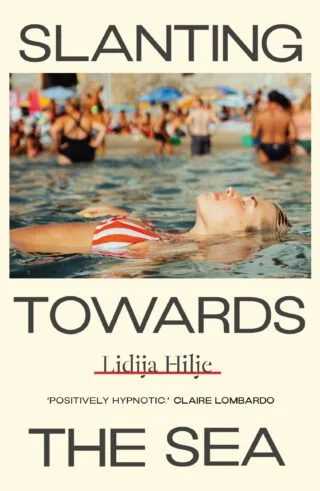The Crane Wife, CJ Hauser
‘Who decides what a love story is, or what a happy life looks like?’
Who decides what a love story is, or what a happy life looks like? These are questions central to CJ Hauser’s The Crane Wife, which interrogates our understanding of love stories in three ways. Hauser explores the narratives around love that we inherit from our family, the love stories we consume through the media, and the stories we ultimately write for ourselves.
At the heart of The Crane Wife lies Hauser’s quest to distinguish between what she has internalised to want in life from what she actually desires. The ongoing process of stripping away the patriarchal messaging she has been fed – that her body is not for her, but for other people, and that to be happy, she must be married – threads the essays together.
Hauser’s collection broaches topics from her reflections on her queer beginnings, her misconceived belief that caregiving is tantamount to love, and her realisation that love does not need to be grand or dramatic in order for it to be real. In redefining what constitutes a love story, Hauser invokes the quiet loves that have been present throughout her life. It is only now, in her late thirties, that she recognises how her relationships with her friends represent love stories in themselves.
Literary allusions abound in Hauser’s collection; she co-opts the gothic genre to convey the sense of being entrapped in a relationship where her needs are not respected. For instance in her essays ‘The Second Mrs. de Winter’ and ‘Unwalling Jackson’s Castle’, Hauser appropriates the gothic trope of the haunted house, applying it to her own experience. Just as the houses in these novels must be set alight and destroyed, Hauser must physically remove herself from the space, and by proxy the partner, which precludes her self-growth. As Hauser writes, ‘Reader, I almost married him’, playfully subverting the infamous line from Charlotte Bronte’s novel Jane Eyre.
Ultimately, The Crane Wife reminds us that life never turns out the way we imagine it, and that is okay. Hauser shows us that we can carve new spaces and write new stories in which we are afforded the room we need to expand, to grow into ourselves. Hauser’s memoir in essays begs the question: who decided that our friendships couldn’t be deemed the great love stories of our lives? Frank, hilarious, and relatable, I can’t think of a better collection to share among friends.
Editorial Picks




